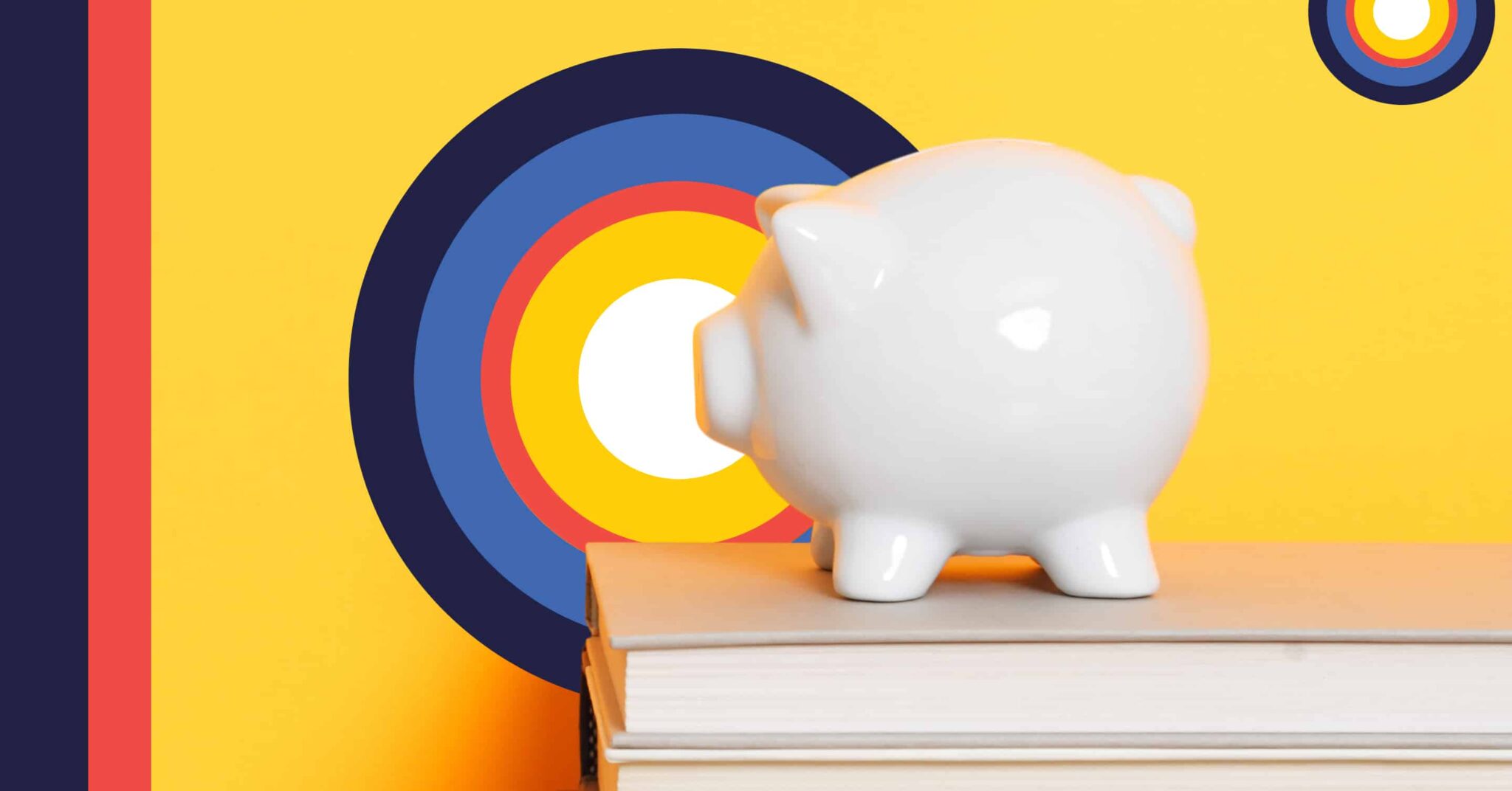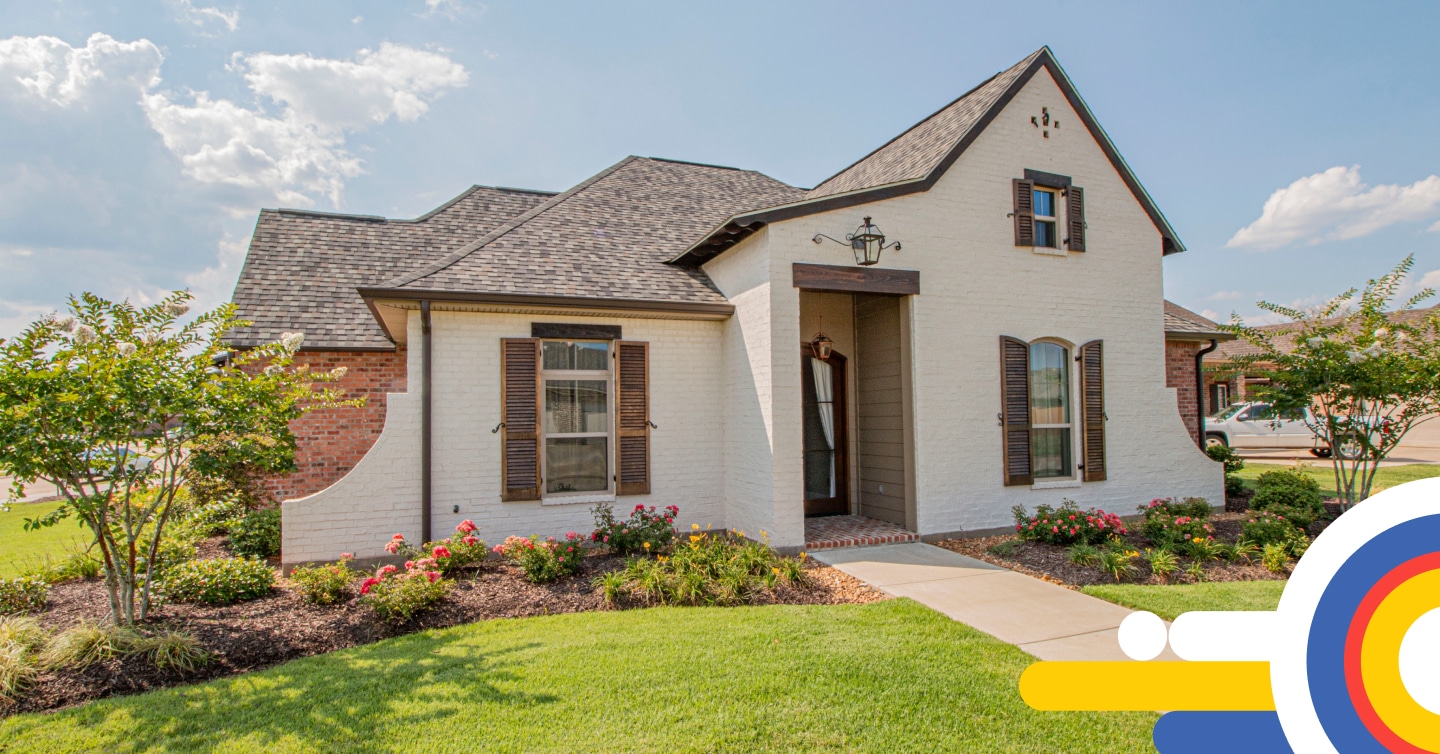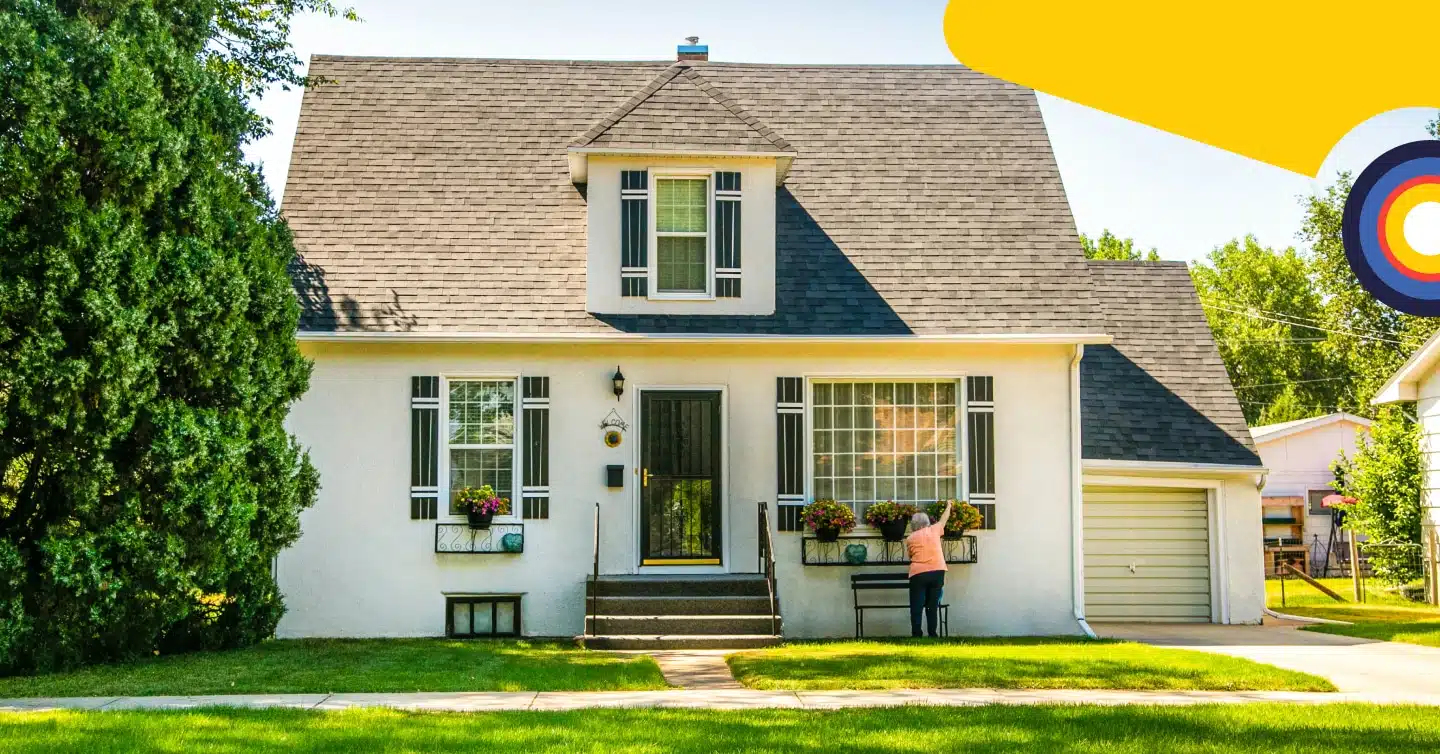Can I Get a Mortgage with Student Loan Debt?

Table of contents
For many, student loan debt is a lingering reality long after graduation. As tuition costs rise and the timeline to repay student loans stretches into years or decades, it’s common to wonder whether homeownership is within reach. You might think your student debt will stand in the way if you’re juggling loan payments while considering buying a home.
Having student debt doesn’t automatically disqualify you from getting approved for a mortgage in Canada. Lenders assess your entire financial picture, including income, credit history, and overall debt levels. What matters most is how your student loan affects your overall financial profile, affecting your ability to qualify and the amount you can borrow.
Key Takeaways
- Student loans are treated like any other debt when calculating debt service ratios during mortgage qualification.
- Strong credit history, stable income, and a reasonable debt load will improve your chances of approval.
- Strategic steps like reducing debt, boosting income, or adding a co-borrower can help you qualify.
How Student Debt Affects Mortgage Approval
When lenders assess your mortgage application, student loans are treated like any other debt. Student loans and other debts are part of your total debt service ratio (TDS), a formula lenders use to determine what percentage of your income goes toward monthly debt payments. TDS includes your projected mortgage payments, property taxes, heating costs, and all other recurring debts such as car loans, credit card payments, and student loans.
Even if you have a grace period or the loan is temporarily deferred, lenders will often assign an amount as a monthly payment to account for future obligations. Depending on the lender and the type of student loan, this could be the actual future payment amount or a percentage of the outstanding balance in the case of a student line of credit, often 3% or for balances over $50,000 amortized over 25-years based on the minimum qualifying rate or the interest rate, whichever is higher. Some lenders may apply their own internal criteria to determine the monthly payment; however, it will typically follow one of the above guidelines.
Student loan debt can lower the total mortgage amount you qualify for, especially if your income is moderate or you carry other debts. Having student loans doesn’t mean you can’t qualify; it just means you must demonstrate you can comfortably handle the additional mortgage payment on top of your existing debt obligations.
Debt-to-Income Ratios
Lenders use two ratios to evaluate affordability when assessing whether you can comfortably afford mortgage payments. Typically, lenders allow up to 39% GDS and 44% TDS on insured and insurable mortgages and up to 34% GDS and 42% TDS for uninsured mortgages.
-
Gross Debt Service Ratio (GDS): Your housing costs (mortgage, property tax, utilities) as a percentage of gross income.
- Total Debt Service Ratio (TDS): Your housing costs + all other debts (including student loans) as a percentage of gross income.
Student Loan Payment Impact on Mortgage Affordability
To see how student loans impact the amount you qualify for a mortgage, say you earn $65,000 and your partner earns $55,000 or $120,000 combined annually, have student loan payments that total $900 per month combined and have $70,000 saved for a down payment.
Assuming you have no other debts, using an interest rate of 3.89% and factoring in the monthly student loan payments, you may qualify for a maximum purchase price of $499,252. Without the student loans, you may qualify for a maximum purchase price of $525,268. This means that your affordability is impacted by $26,016 in this scenario.
Home buying without the stress.
Start your mortgage application today
Strategies to Qualify for a Mortgage With Student Debt
Qualifying for a mortgage with student loans is all about demonstrating to lenders you can manage your monthly payment obligations without being stretched too thin. There are ways that you can boost the chances of qualifying for a mortgage, including improving your credit score, reducing overall debts, and adjusting your purchase amount.
Improve Your Credit Score
Your credit score and debt service ratios are key in determining mortgage eligibility. A higher credit score can even influence the interest rates you are offered. A higher credit score shows lenders that you have managed your debts responsibly and made timely payments. A higher credit score can indicate to lenders that you are a lower risk, making you more attractive as a potential client.
A lower credit score shows lenders that you may not have effectively managed your debts well in the past. This could indicate to lenders that you are a higher risk and may default on the loan, making you less attractive as a potential client.
Lower Your Debt Load
Reducing your debt load can significantly boost your chances of being approved for a mortgage. Focus on paying down high-interest debts first, like credit cards and personal loans. Paying off or lowering the amount you owe before applying for a mortgage helps to lower your TDS ratio and free up more room to carry a mortgage. Even small reductions to your debt load can make a meaningful difference in how much you qualify to borrow.
Note: It’s advisable to keep your credit cards, especially those with the longest history, open even if you pay them off. This avoids reducing your credit score drastically due to a closed credit card or shortened credit history.
Increase Your Income or Add a Co-Borrower
Boosting your household income is one of the most effective ways to offset the impact of debt on your mortgage application. If getting a raise or new income stream isn’t an option, consider applying with a co-borrower such as a spouse or family member with a stable income and strong credit. A co-borrower, such as a cosigner or guarantor, can strengthen your application by improving your debt service ratios and purchasing power.
Consider a Smaller Mortgage or Lower Purchase Price
If student loan debt limits how much you can qualify for, and adding a co-borrower isn’t an option, adjusting your purchase price can help you qualify. Opting for a more affordable home means a smaller mortgage, which reduces your monthly housing costs, improving your debt service ratios.
Alternatively, if you have the savings, you could put down a larger down payment to make up the difference between your qualifying amount and the purchase price. These options increase your chances of getting approved and help you stay within budget to manage current debts and added mortgage payments without overleveraging yourself.
Frequently Asked Questions
Does student loan debt lower my mortgage approval amount?
Yes. Lenders include your monthly student loan payments in your debt calculations. A higher student loan payment paired with a moderate income may reduce the mortgage size for which you qualify.
Will deferring student loan payments help my approval odds?
Deferring student loans is not likely to help your odds of approval. Lenders often include an estimate of the actual future monthly payment amount, even if you’re deferring repayment. Paying down your student loans or paying off higher-interest debts first gives you a higher chance of getting approved.
Do government student loans impact my credit score and mortgage application differently than private loans?
No, both types of student loans are treated similarly in a mortgage application. The only difference is how payments for your debt service ratios are calculated for the different types of loans when they have been deferred or have a grace period.
Government student loans allow you to reduce the monthly payment amount, which can help you qualify. Banks and financial institutions typically issue student lines of credit, and once they are in repayment, they become loans, and you cannot change the monthly payment amount.
Final Thoughts
Student loan debt doesn’t have to stand in the way of homeownership. With the right financial strategies and a clear understanding of how lenders assess your application and credit risk, qualifying for a mortgage is possible. By improving your credit score, responsibly managing debts, and, if required, exploring options like adding a co-borrower, you can position yourself to get approved for a mortgage while making payments on your student loan.
For your customized and unique mortgage strategy that accounts for ongoing student loan payments, contact nesto mortgage experts today.
Ready to get started?
In just a few clicks, you can see our current rates. Then apply for your mortgage online in minutes!















